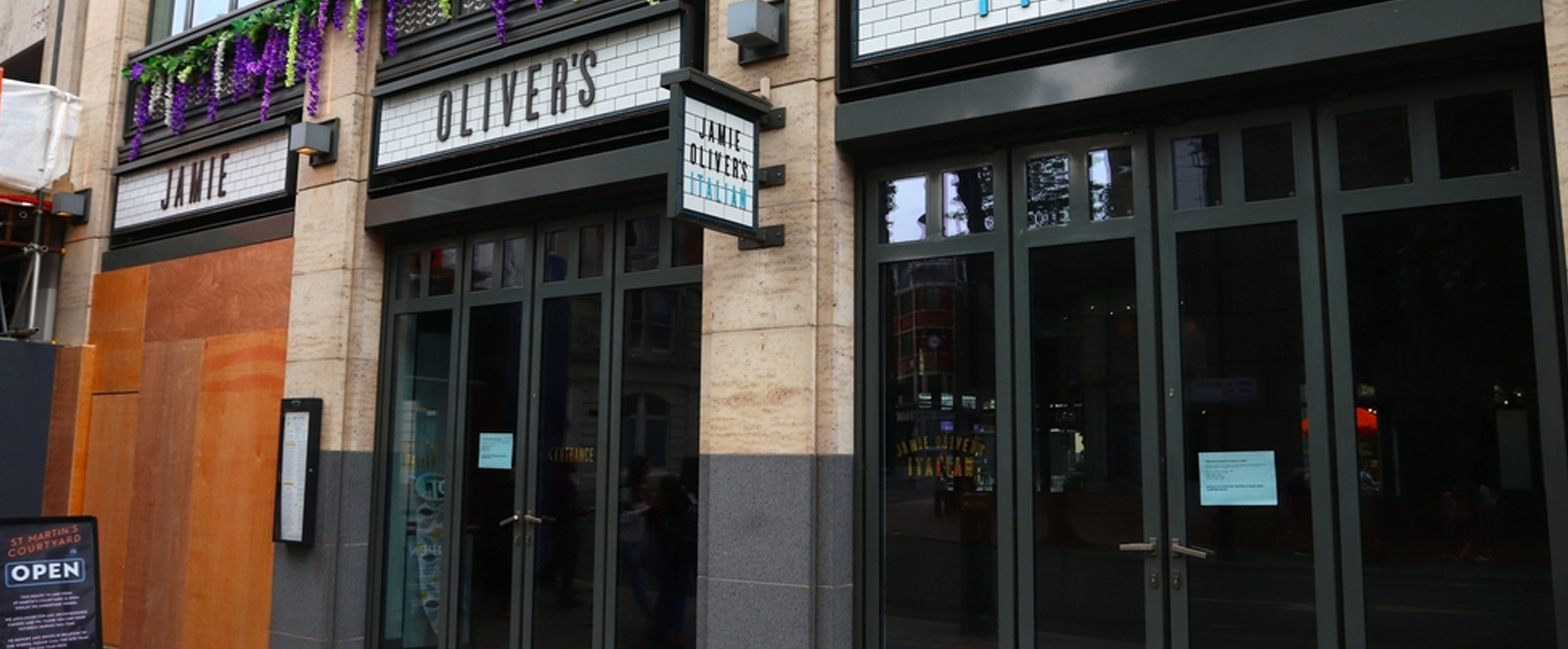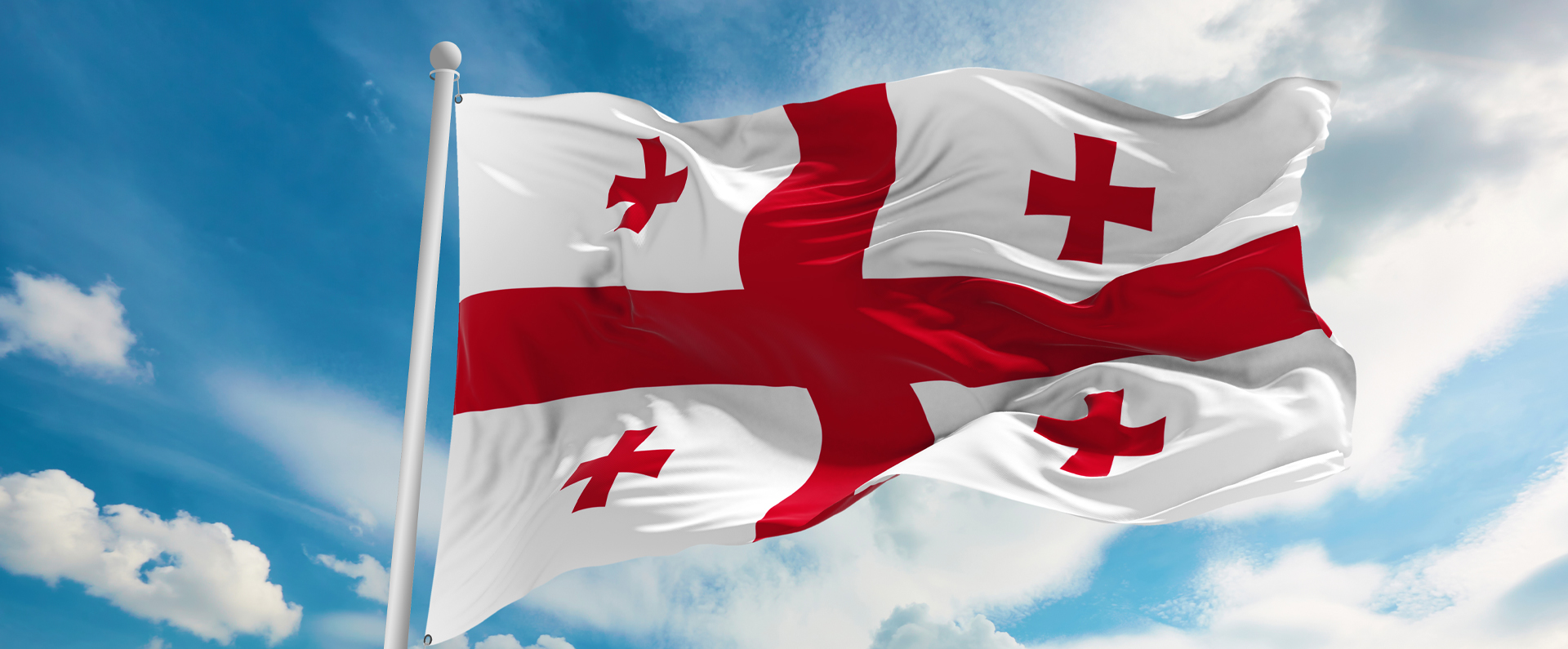
Throughout this week Lord Ashcroft will be submitting a diary from Tampa, Florida where the Republicans are meeting to nominate Mitt Romney for the US Presidency.
It seems surprising at first that so many in Romney’s team have told us that the purpose of this Convention is to introduce their candidate to the American people. With ten weeks to go, should they not have done that already? Sensibly, most Americans do not pay any more attention to politics than they have to – only the partisans know much about him. To most others, he is just a rich Mormon. So far, concedes Neil Newhouse, Romney’s pollster, “the Obama campaign has done a better job of defining Mitt Romney than we’ve done ourselves”. This helps to explain why, despite a strong lead on the economy and the deficit, Romney is not yet winning. Unusually for a politician, the Governor dislikes talking about himself: “he wasn’t brought up that way”.
Much of the job of introducing Mitt falls to his family. His wife Ann addressed the Convention on Tuesday night. A leader’s wife speaking about her husband seems a very American phenomenon, though of course Sarah Brown introduced the practice in Britain. It is hard to imagine a British political spouse beginning as Ann did, however: “tonight, I want to talk to you about love”. She did well, though I am sure many would be dubious about the effectiveness of this sort of thing. It also contained a nugget for enthusiasts of political trivia: “some of you may not know this, but I am the granddaughter of a Welsh coal miner”. Only some of us?

The five Romney sons are doing their bit with a round of interviews, which they conduct sitting together in a row like a well-behaved boy band. On CNN, they told Piers Morgan that the Republican candidate was an unsurpassable father and grandfather, an inspiring leader, laid back (yet intense when he needs to be), someone who cares, for whom duty is all. Turning to the youngest, Piers all but begged for a chink in the armour. What would be their one criticism? “His hair is too perfect”.
The Democrats want their own definition of the Governor to stick. According to Rich Beeson, the Romney campaign’s political director, the Democrats have spent $300 million on TV ads, 99.6% of which have been negative. (So much for hope and change, and the soaring rhetoric of 2008). They can only have been disappointed by the result: having outspent Romney by $60 million since May, they have seen the polls shift from a 1-point lead to a 2-point lead for the challenger.
Beeson says there are three stages to a campaign: voter identification, persuasion, and get-out-the-vote. We tend to think of GOTV as covering the final few days of the campaign, plus an earlier effort for postal voters, but here things start much sooner. In North Carolina, absentee ballots will be issued on 12 September; 80% of votes there will be cast before 7 November. Well over half the vote will be in before election day in a number of key states.
Part of President Obama’s problem in this election is that he has not lived up to the expectations that he raised, or allowed to be raised, in 2008. Newhouse says many Republicans voted for Obama because of who he was and what this meant; that factor will not work in his favour this time. It is not just the state of the economy that causes disillusionment, he says, it’s the fact that they expected better. Consequently, the 47% who disapprove of the President’s performance are rather more likely to do so strongly than the 47% who approve. Newhouse says three thoughts will dominate voters’ decisions: “I thought things would be different”; “which candidate can fix my economy?”; and “which is riskier?” As election day approaches and there is no escape from the ads, a fourth will be added: “can I just vote already?”
It would take one person six years to watch all the TV ads the two campaigns have screened so far. $110 million has been spent on ads in Florida alone. Paradoxically, ballooning spending on TV advertising is reaching fewer voters. Research by the Romney campaign found that one in three voters had watched no live TV, other than sports, in the previous week: they were still watching television, but filtering the ads, thanks to on-demand platforms. Digital campaigning is helping to fill the gap. For the first time, a Republican campaign has elevated digital campaigning to a senior staff level; they are confident they are now a match for the Obama team in this field.
Zac Moffatt, the campaign’s digital director, says that when it comes to digital campaigning it is important to separate what is useful from the hype. In particular, avoid “vanity metrics” – it doesn’t matter how many Twitter followers or Facebook friends your candidate has, it matters whether they are talking about him. In this respect, Romney is already doing better than Obama. The Romney campaign launched an app through which users would be notified of the Vice Presidential announcement, which allowed them to keep up communication as the campaign progressed. They have developed a one–touch online donation system, similar to Amazon 1–Click, and developed an ingenious gadget through which activists can take campaign contributions by swiping credit cards on their iPhone. Still, more money is raised by email than all other media combined. Online ads are second. The key to the campaign’s success in this area is that, despite the substantial upfront investment in infrastructure, Romney’s digital campaigning is a profit centre, not a cost centre: the online merchandise store makes millions, and every member of staff in the division returns value in excess of their salary.
“If you’ve got a business, you didn’t build that. Somebody else made that happen”. If the President doesn’t regret saying that yet, he will by the end of this week. The Republicans have seized on Obama’s off-the-cuff remark at a campaign event last month, saying it reveals his disdain for enterprise and success, and his instinctive love of big government. It is certainly a great opportunity for the campaign to draw the distinction between a man who can fix the economy and another who doesn’t even know how it works. Last night at the Convention, the message was reinforced as speaker after speaker talked about their own business –”with respect, Mr President, I did build that”. Ann was on-message too. “Mitt Romney wasn’t handed success. He built it”.
The campaign professionals have a series of mesmerising maps depicting their various “paths to 270” – the various combinations of states that would give them the magic number of 270 electoral college votes needed for victory. The Romney team assumes the Governor will win all the “McCain states” who voted Republican in 2008, plus Indiana and Nebraska (one of whose votes went to Obama in 2008). That gives them a baseline of 191 electoral college votes. Though all their scenarios look tight, and some take them to exactly 270 votes, Beeson insists that the map is more open than it has been for years, with the Democrats having to protect territory they had come to think of as their own. Until recently Obama was relying on Wisconsin and New Hampshire, which he can no longer do. Iowa, which he won by 9 points four years ago, is a dead heat. (Beeson puts this down to Iowans’ particular aversion to debt: they have the lowest credit card borrowing in the country). In the critical state of Ohio, among others, blue collar Democrats’ anger at his “war on coal” will be a problem for him: voters there know that “anyone in coal country voting for Obama would be like a chicken voting for Colonel Sanders”.
Despite the storm warnings, the Tampa weather so far has merely been a (much, much) warmer version of Blackpool at its dampest. Though it has not caused any damage in Florida, Hurricane Isaac has made its presence felt politically. The professional and journalistic wisdom here has been that with the prospect of serious damage on the Gulf coast, Republicans must avoid seeming too celebratory (for fear of appearing insensitive), and curtail their attacks on President Obama (so as not to seem unpatriotic). These are probably good disciplines in any case; all politicians could usefully adopt them. Real crises – as opposed to political or presentational crises, which are easily imagined or created – can sometimes bring out the best in our leaders, and make them behave like sensible, responsible, grown-up individuals. Perhaps all our ministers should look again at their draft conference speeches, particularly any hyperbolic passages that may have crept in, and ask: would I say this if my constituency were flooded?
All I had heard about Congressman Ron Paul of Texas had led me to think of him as rather eccentric. Having listened to an impromptu 30-minute speech in which he set out his peculiar but no doubt sincerely held view that peace and liberty are only to be secured by a return to the gold standard, I find that view somewhat intensified. He argues that paper money is dangerous because governments can inflate it: if they actually had to pay for wars and all the other things they like to do, they would be restrained. As it is, “governments get involved in things they shouldn’t and cause too much mischief” (it’s hard to disagree with that part). The monetary system is unsustainable, he says, and two people are to blame: the Americans for printing the money, and the foreigners for taking it. How does he see the future of the euro? “It’s hard to see how the euro’s going to work. But then it’s hard to see how the dollar’s going to work either”. Right.



